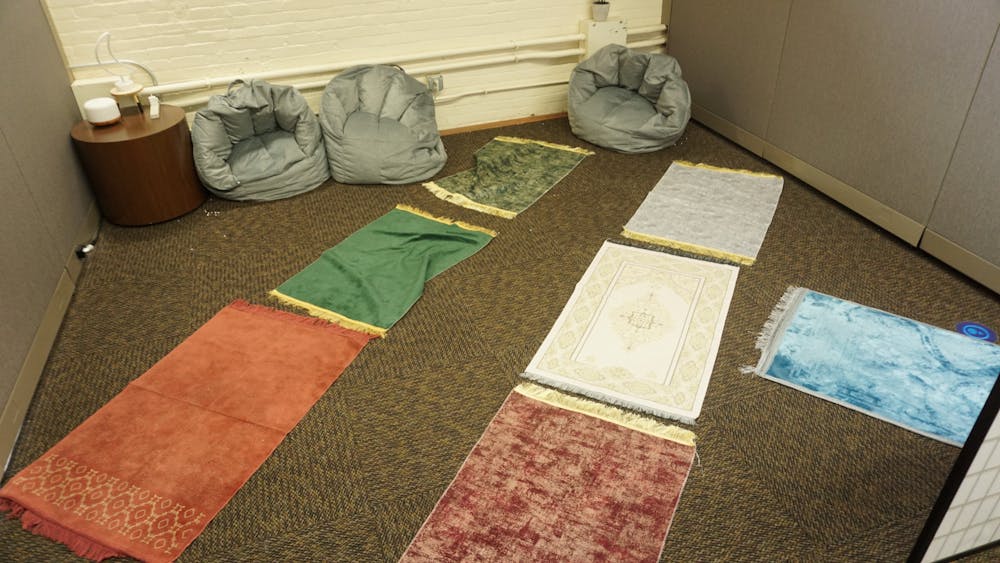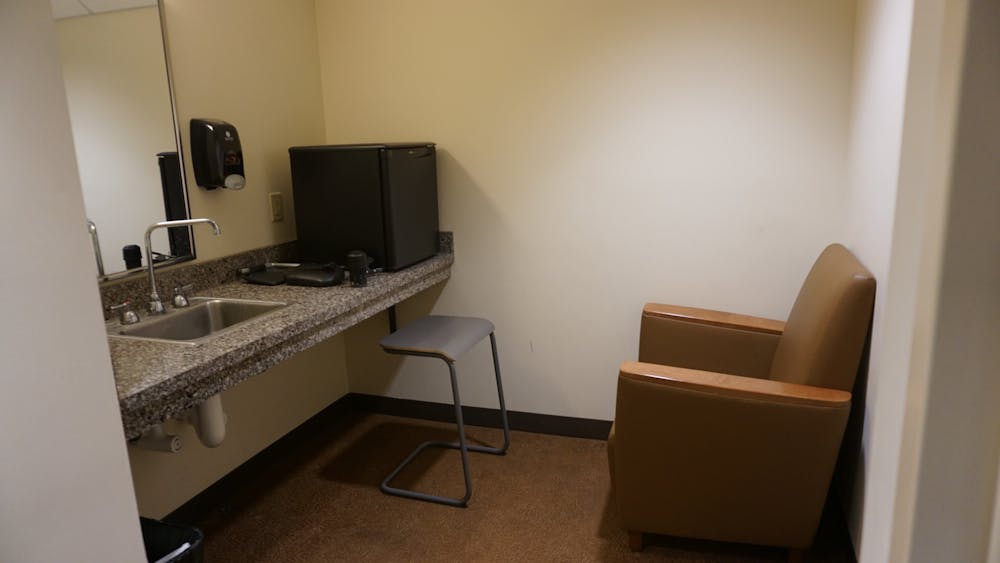The University of Wisconsin-Madison Center for Interfaith Dialogue (CID) works to create a sense of belonging for students with different religious identities by providing resources and programs for faith groups on campus.
The CID originally opened in 2005 as the UW Lubar Institute for the Study of the Abrahamic Religions, according to Dr. Ulrich Rosenhagen, CID director. After the 9/11 terrorist attacks, Sheldon Lubar, the founder of Lubar Institute, advocated for an interfaith center on campus.
The UW Lubar Institute began as a space for Jewish, Christian and Muslim academic research and dialogue based in the College of Letters and Sciences. Last summer, the center moved under UW Student Affairs.
“At some point already before the pandemic, I thought, this is not an academic center. We need to find a different place on campus and an institutional place, and I pitched this idea to the new Vice Chancellor for Student Affairs, Dr. Lori Reesor,” Rosenhagen said. “The center now has a bigger profile and a bigger mission.”
Rosenhagen said he hopes the CID will support students of all faiths on campus as part of student affairs.
“This student center should work like all the other student centers: the Multicultural Student Center, Veteran Services, McBurney, Gender and Sexuality Campus Center. Religion has a place in this group of identity centers,” Rosenhagen said. “We built the center not just for a year, but this is really something that will serve our students for many more years to come.”
One CID-sponsored initiative is the Prayer and Reflection Spaces Map. This map is a log of rooms on campus that are available and safe for anyone to pray, meditate or reflect. It includes any amenities in the rooms like prayer rugs. Talia Ivry, program coordinator for the CID, updates and manages the map.

A prayer space in the Red Gym photographed on March 18, 2024.
“UW students and staff and faculty want spaces to pray, especially with religious holidays that happen during the year. Students should be able to be students and also observe their different holidays,” Ivry said.
The center offers resources during religious holidays and events. During Ramadan, the group promotes events with Muslim-majority RSOs. The groups provide prayer spaces and Iftar, a meal eaten after sundown during Ramadan.
“There hasn't been [an authority] on campus that provided information that provided space and information on religious practices and holidays,” Rosenhagen said. “We are doing that with the prayer spaces map. We want to make sure university wide people know people have access to these resources.”

A prayer space in Memorial Union photographed on March 18, 2024.
Another program is the Interfaith Fellows Program, which trains a group of students with different religious backgrounds to help facilitate dialogue and work with their religious groups. The conversations are brought up to UW Student Affairs and changes resulting from the dialogues are set in motion.
Libby Cohen, an Interfaith Fellow, said the program allows “everyone’s input to be heard” and the CID creates “a welcoming space to have interreligious dialogue.”
Rosenhagen also discussed events the CID sponsors to facilitate religious conversation among students and the community. Interfaith Unwind is one event CID recently sponsored.
“It is a low threshold opportunity to meet with students of different backgrounds,” Rosenhagen said.
Sara Ventura, a member of UW Chabad, an organization for Jewish students, attended an event at CID. She said she “was able to meet and connect with a lot of people from different organizations and even hear about religions that I didn’t know anything about.”
Noe Goldhaber is the editor-in-chief for The Daily Cardinal. She previously served as college news editor and copy chief. She is a Statistics and Journalism major and lead coverage on the 2024 pro-Palestine encampment and specialized in campus labor, student housing, free speech and campus administration. She has done data analysis and visualization for the Cardinal on a number of stories, and will intern with Wisconsin Watch this summer. Follow her on Twitter at @noegoldhaber.






